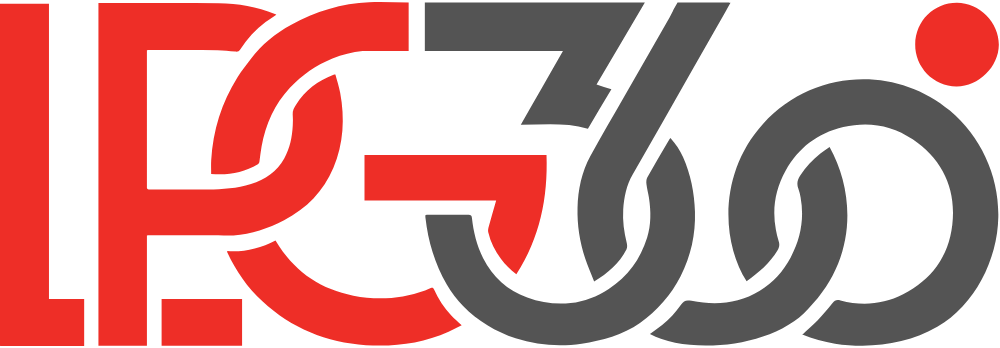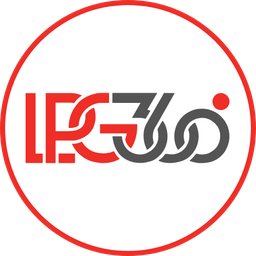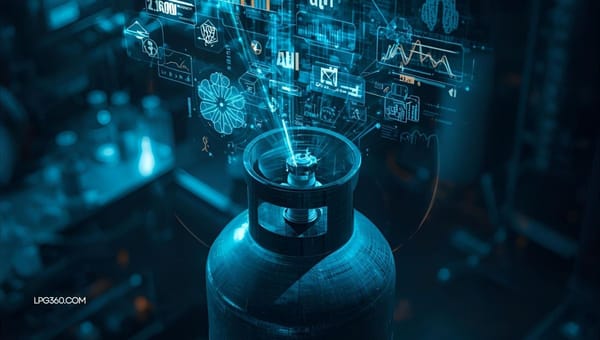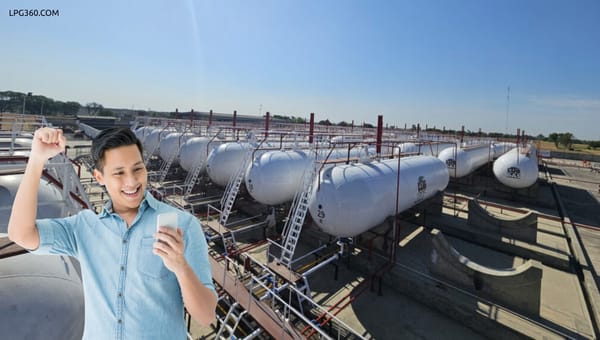Sustainable Distribution Practices for a Greener Supply Chain
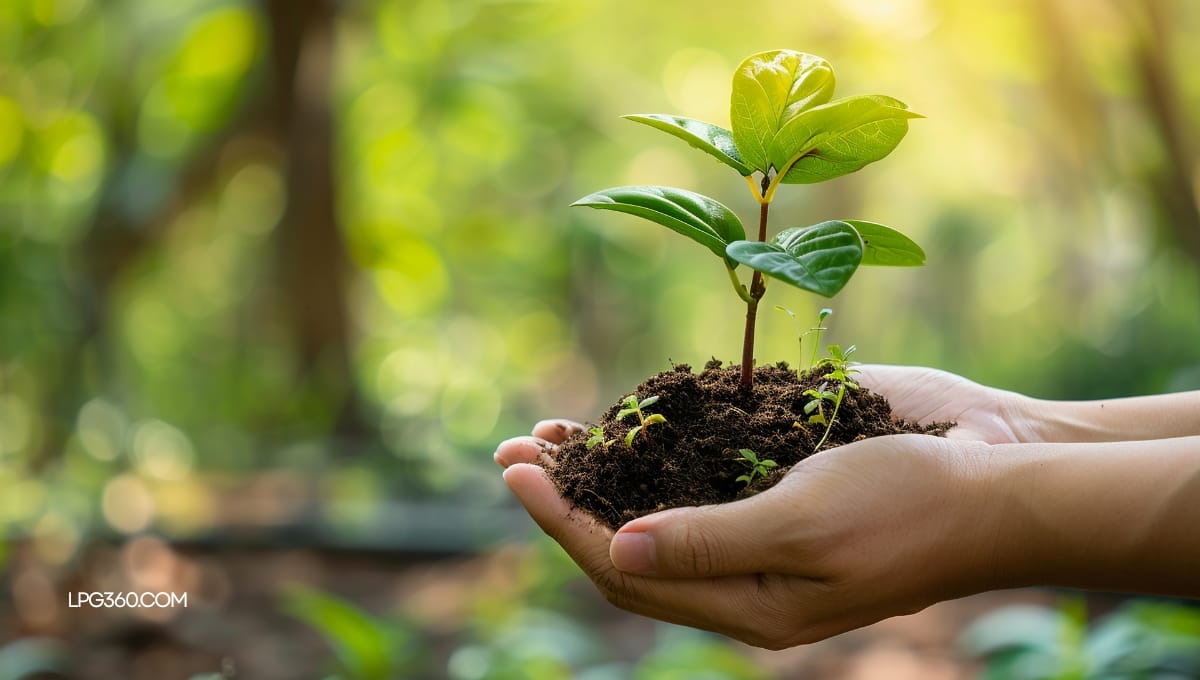
As industries around the world are striving to become more sustainable, the LPG sector is no exception. Sustainable distribution practices are gaining traction in LPG logistics to reduce carbon footprints, improve energy efficiency, and enhance overall environmental responsibility.
This blog explores sustainable practices for a greener LPG Supply chain.
Transition to Electric Vehicles
One of the most impactful steps LPG distributors can take is to transition their delivery fleets from conventional fuel-powered vehicles to electric vehicles (EVs). EVs are not only environmentally friendly but also reduce operational costs related to fuel consumption and maintenance. With the advancements in electric vehicle technology, many LPG companies are already making the switch, reducing their carbon emissions and operating costs.
Solar-Powered Refill Stations
Another innovative sustainable practice is the installation of solar-powered LPG refill stations. These stations use solar panels to generate clean energy, which is then used to refill cylinders. This reduces the need for electricity from non-renewable sources and promotes the use of renewable energy in the LPG industry. Solar-powered stations are especially beneficial in remote areas where the grid is unreliable or unavailable.
Eco-Friendly Packaging
Sustainability extends beyond transportation. Many LPG distributors are turning to eco-friendly packaging materials, including biodegradable or recyclable cylinders. These packaging solutions reduce waste and help minimize the environmental impact of cylinder disposal. Additionally, some companies are exploring reusable cylinder designs to reduce waste in the long term.
Efficient Route Planning
Optimizing delivery routes to reduce fuel consumption is another key practice for sustainable distribution. By implementing AI-powered route optimization tools, LPG distributors can minimize travel time, avoid congested routes, and lower fuel usage. This not only reduces carbon emissions but also improves the overall efficiency of the distribution process.
Energy-Efficient Warehousing
Sustainable practices in warehousing are also important in reducing the carbon footprint of LPG distribution. By implementing energy-efficient lighting, insulation, and HVAC systems, warehouses can cut down on energy usage. Furthermore, using renewable energy sources like wind or solar to power warehouses can further reduce the environmental impact of LPG operations.
Collaboration with Sustainable Suppliers
Partnerships with environmentally conscious suppliers play a vital role in promoting sustainability in LPG distribution. By working with suppliers who use sustainable production methods and materials, LPG distributors can ensure that their supply chains are aligned with their environmental goals.
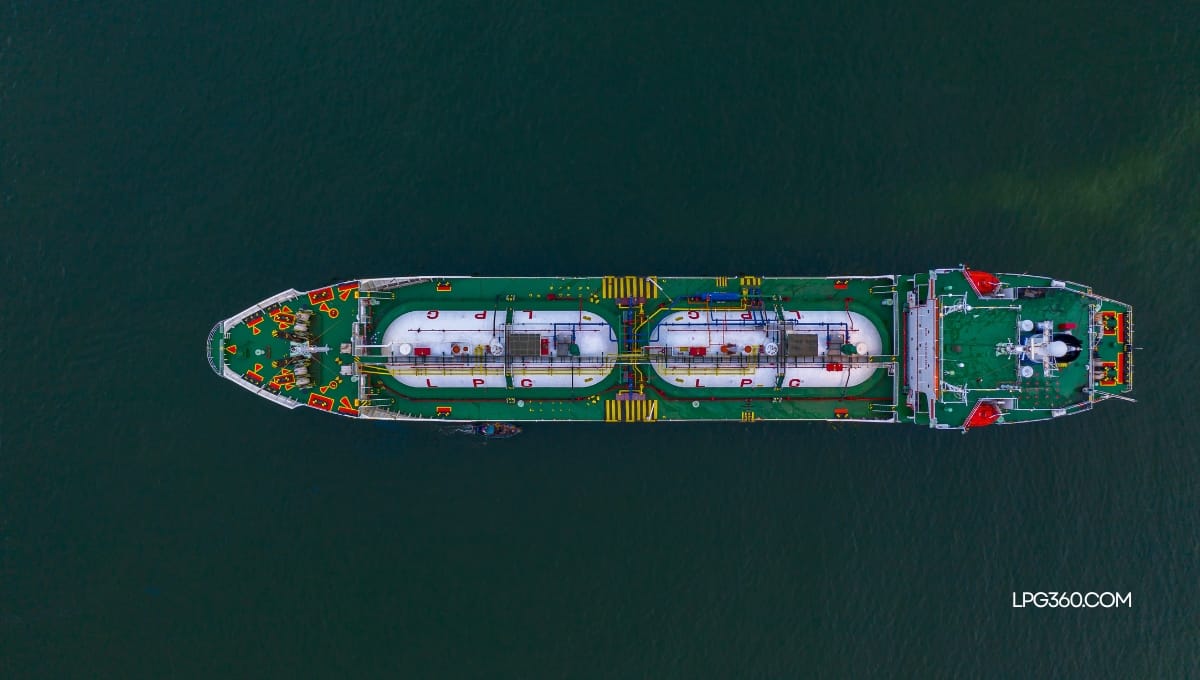
Conclusion
Sustainable distribution practices are not just beneficial for the environment; they can also improve operational efficiency and reduce costs in the long run. By integrating green technologies and practices into their logistics, LPG distributors can contribute to a cleaner, more sustainable future.
Want to build a greener LPG distribution network? Let’s make it happen.
#LPG #LPG360 #SustainableLPG #GreenSupplyChain #RenewableEnergy #EcoFriendlyLPG #ElectricVehicles #LPGDistribution #SolarPoweredLPG #GreenLogistics #SustainablePackaging #EnergyEfficiency #RouteOptimization #LPGInnovation #SustainableBusiness #LPGTechnology #CleanEnergy #ZeroEmissionLPG #EnvironmentallyFriendly #LPGGreenFuture #EcoLPG #LPGSustainability #GreenFleet

